Have cabin fever yet? As the days roll on, what have you learned about self-reliance?
In 1841, Ralph Waldo Emerson wrote an essay entitled “Self-Reliance”.
Today, it is emblematic of American individuality. The ideas put forth in this paper have stood the test of time, coining famous phrases like “trust thyself” and “whoso would be a man, must be a nonconformist”.
Emerson emphasized and embodied these principles, and demonstrated how external influences can blur our path to enlightenment. Ironically, he criticized the idea of quoting other ‘great men’, but I’m doing it here anyway to get my point across.
Amid all the craziness here in New York City, I was re-drawn to that famous essay I was forced to read back in high school. With citizens across the world losing jobs, fighting over food, looking to the government for answers, it seemed the perfect time to share how we can all learn a few talking points from Emerson.
Self-Reliance Lesson #1
Reduce or remove your vulnerability to ‘the system’
Society is a joint-stock company, in which the members agree for the better securing of his bread to each shareholder, to surrender the liberty and culture of the eater. The virtue in most request is conformity. Self-reliance is its aversion. It loves not realities and creators, but names and customs.
The system vs. the individual
Much of the United States has been in temporary lockdown. The ‘status quo’ has been disrupted and many people are learning hard lessons about our interdependence on societal structures.
Need to go to work? Grab fuel (if you go electric, you won’t have to) or use public transportation. Need food and water? Head to the supermarket, or call your favorite restaurant. Need to stay clean and healthy? Find the nearest pharmacy for supplies.
In a stark contrast from the lives of our grandparents, we live a daily routine that is largely dependent on external factors. Self-reliance today is the exception to the rule.
Lessons from the past
Most people think of the 1930s as an age of dark industrialism when society had no regard for its natural counterpart. It was the age of mass deforestation and the beginning of vast oil fields which led us to the global crisis we face today.
This is partly true, but the damage was overwhelmingly caused by Big Business and Government. << — That’s a super short but informative timeline of environmental history in the 1930s, highly recommended for history buffs.
The global population in 1930 was two billion; cities were smaller, and farming communities dominated the landscape. Families didn’t buy much beyond their basic necessities, and most had enough skills to make their own clothes and grow their own food.
Touchy subject: I think a Depression-era Brooklyn laborer with a family of eight had a smaller carbon footprint than a startup ‘social justice warrior’ here in 2020 Brooklyn.
Kip from Bushwick orders DoorDash five times a week, buys new clothes on Poshmark every other month, has 40 pairs of shoes, and shops on Amazon for basic items regularly. You get the point.
Staying unique in a global community
The globalized world today has allowed for the rapid spread of ideas, knowledge, goods, services, and people. Unfortunately, globalization has also proliferated the pandemic we face today. The interconnected world creates many issues, but also allows us to collaborate and work together to come up with innovative ways to solve crises that arise from that inter-connectivity.
With borders closed and major industries shut down, we are shown how no country functions well independently anymore, but relies on the global community to enjoy modern luxuries. Where does that leave the individual?
Nations and people
There is a parallel between how nations relate to each other and how individuals relate to their local, state and national government. Nations need to trade and interact for an optimal citizen experience, and so do towns and states. When the public health measures remove the role of regular human interaction, we are shown the fragility of the system we have built our life around.
Most people in the world today do not produce for themselves nor do they know how to. Instead, we work for money to buy the things we need and want. There is little room for self-reliance in this sense. That doesn’t mean depending on others to meet one’s needs is necessarily bad, but finding your individuality in the community allows for a better life than any of us could create in complete sameness.
Remember — sameness ≠ unity. Diversity is our greatest strength. Just as the global community benefits from inter-connectivity, the individual benefits from finding out what makes them unique and thriving off that.
It is easy in the world to live after the world’s opinion; it is easy in solitude to live after our own; but the great man is he who in the midst of the crowd keeps with perfect sweetness the independence of solitude.
Self-Reliance Lesson #2
No one can bring you peace but yourself
Nothing is at last sacred but the integrity of your own mind.
Unravel your consciousness
Unless we overtake ourselves, circumstances will overtake us. In times of external conflict, it is essential to understand your own being and do what makes you happy. There will always be people in your life who think they know what is best for you. In reality, you can only answer that question.
The best candidate to offer advice on happiness is the voice in your head. You cannot know what makes you happy until you unravel your consciousness and get to know it better. Choose less distractions. Spend time with your mind. Go on a walk with no devices or gadgets, and hear what your mind tells you.
I know many people in my life that do not like to be alone. They do not like the silence, the stark possibility of boring yourself or not liking what’s there. When they are alone, they choose to stream videos or occupy themselves with some activity or habit. At times, I am guilty of this too, but I try to be self-aware of when I am doing it and why I am doing it.
Some things are out of your control
The global pandemic is a perfect example of a time in which things outside of us can stifle our ability to live a life the way we see fit. You didn’t create the virus, you didn’t spread it, and if you’re one of the many people feeling stuck in your home right now, you may feel helpless ‘doing the right thing’ and watching others directly impact your experiences by not listening to authorities.
This can be frustrating, but it exemplifies how the world will never give you true peace. There are too many moving parts, differing opinions. You have to look within to satisfy your soul.
Understand yourself better by examining your value system. Are these values yours, or are they a byproduct of a surrounding environment? Examine your interests. Do you really like something or do you like it because someone told you to? When we prioritize ours intrinsic values, the world around us experiences a better you.
This sense of self should not be conflated with narcissism. You can be both self-giving and altruistic. In fact, I think philanthropy would be even more prevalent if everyone understood their own consciousness better. If you know what you love, you are going to have more passions. When we are passionate about our life path, our tendency is to become happier, and ultimately more selfless.
Happy people like to give
When you love something, you want others to feel that same passion for a particular cause or mission. Ever watch a really great Netflix show and then tell your friends and family just how amazing it is? Yeah, when you discover a social cause that you really love, it’s kind of like that.
Too often the wealthy class throws money at a range of causes it doesn’t feel much passion for. In a world where the rich understood their morals and values with a clearer path to happiness, I think more social movements would notice deeper funding and traction. News flash: money doesn’t buy happiness.
Obviously, this is somewhat speculative, but I truly believe understanding the self is the path to which we can learn to better understand the world around us and display more compassion for others. I am feeling in a quotey-mood, so here’s one more from a Hebrew sage who said, “If I am not for myself, who will be for me? And being for myself, what am ‘I’? And if not now, when?”
With a little self-respect and understanding, the world would be a better place.
Self-reliance Lesson #3
‘Sustainability’ is not modish, it is timeless
Standing on the bare ground, — my head bathed by the blithe air and uplifted into infinite space, — all mean egotism vanishes. I become a transparent eyeball; I am nothing; I see all; the currents of the Universal Being circulate through me; I am part or parcel of God.
Nature drops the ego
Emerson referred to isolation in Nature as a means of forgetting the Self and connecting with the primordial beauty of the land. In many ways, these ideas remind me of the modern sustainability movement.
The principles of self-reliance and sustainability are timeless. Those words of Emerson ring true today. He had a deep passion for Nature and felt placing ourselves in the natural world, away from society, was the key to dropping the ego and living a more fulfilling life. The way I see it, he was practicing sustainability in his time.
Sustainability is a mode of thinking, a philosophy on life, not a business trend. It prioritizes living a life and building a system that can be replicated over and over again without danger of depletion. Sustainability in the 21st century is largely about the coexistence of the biosphere and human civilization.
Emerson’s ideals propagated a community in which humans were in-tune with Nature and the Self. In that light, modern sustainability is much of the same. It prioritizes a healthy relationship between Man and Nature, wants consumers to understand the power and product of their spending habits, and builds a community that can last in perpetuity.
Be a better neighbor first
It is important to understand our role as global citizens. But that role starts in the home. If we aren’t proper spouses, parents, children, students, or colleagues, how can we expect to make a positive impact on the grander world? Becoming that ‘transparent eyeball’ means better understanding you and allowing others to observe your understanding.
For someone just starting out on their self-reliance journey, seeing group-think everywhere can be intimidating. It is difficult to know where to start.
What I’d suggest: spend time with your mind — no distractions.
Talk a long walk in nature, whatever that means to you, and embed yourself with the sounds, sights, smells and textures. Ask yourself what you want from this life. Spend more time with yourself.
Now realize how many ‘yous’ there are in the world in the context of your new understanding of the Self. If you can learn about independence and live a self-empowered life, just imagine how many others can realize that too, and what that world would look like.
All block quotes in this article are from Ralph Waldo Emerson.
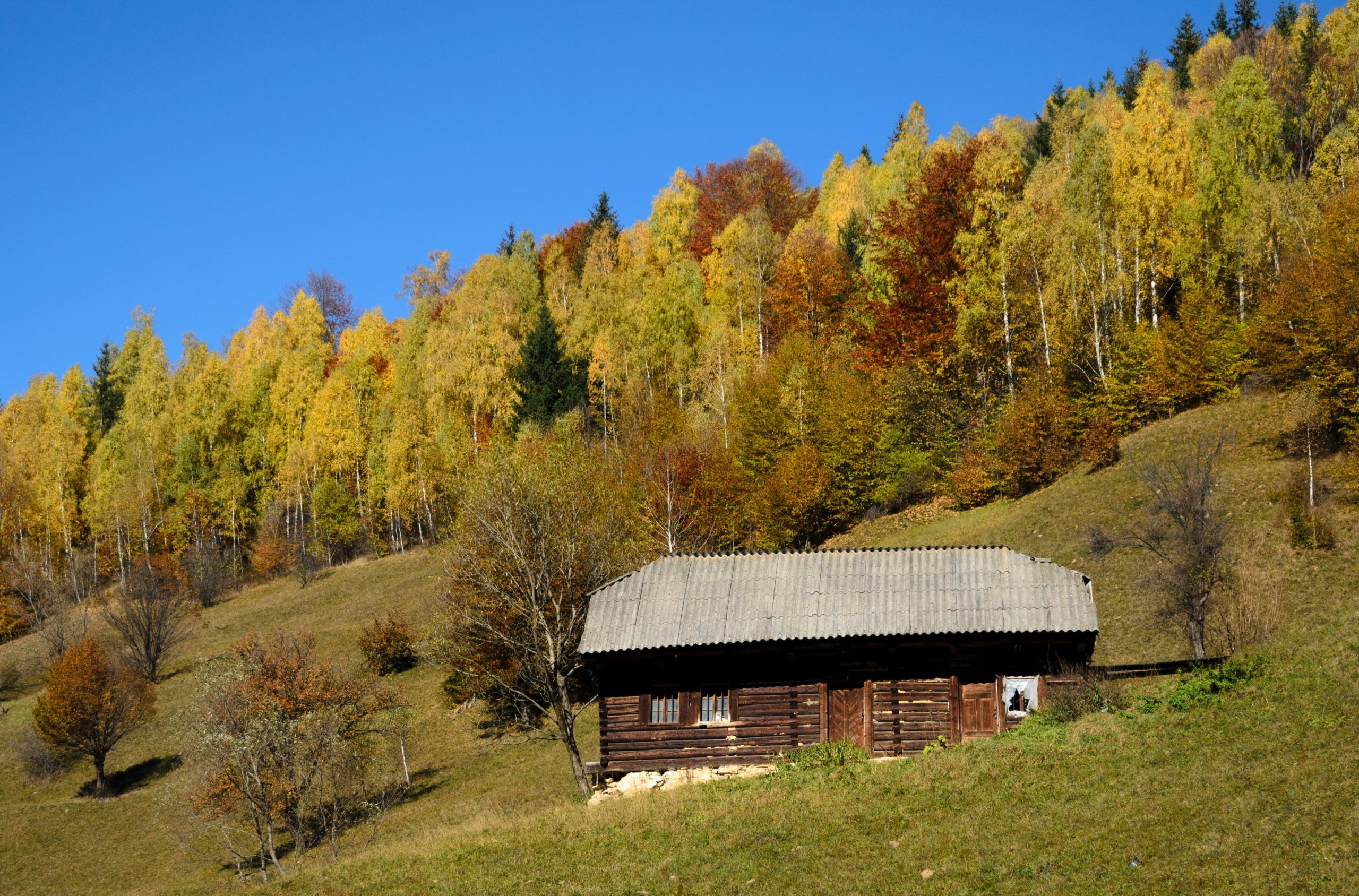

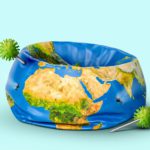
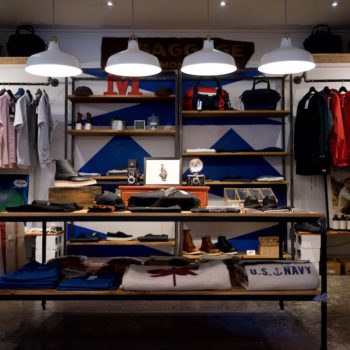
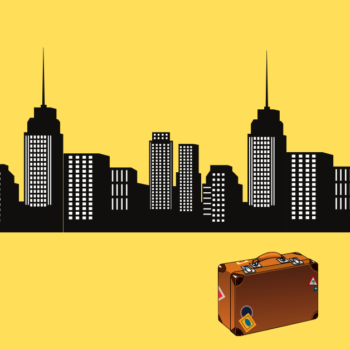
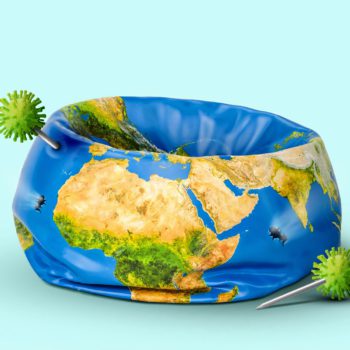
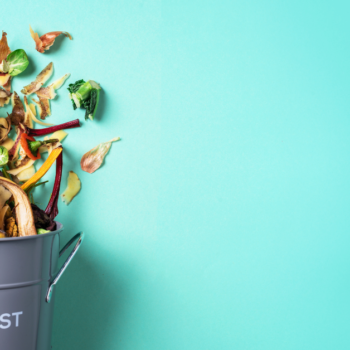
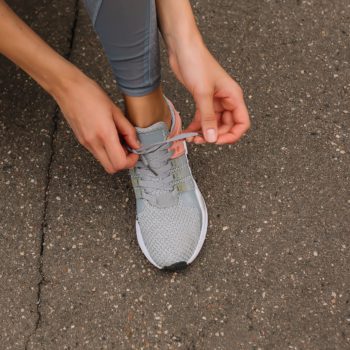

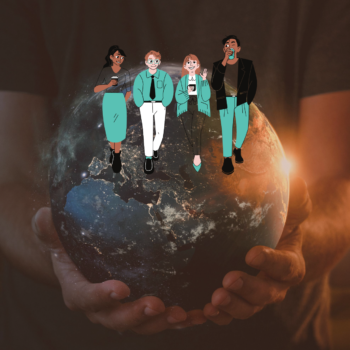
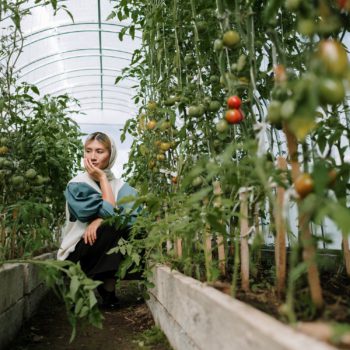


No Comments